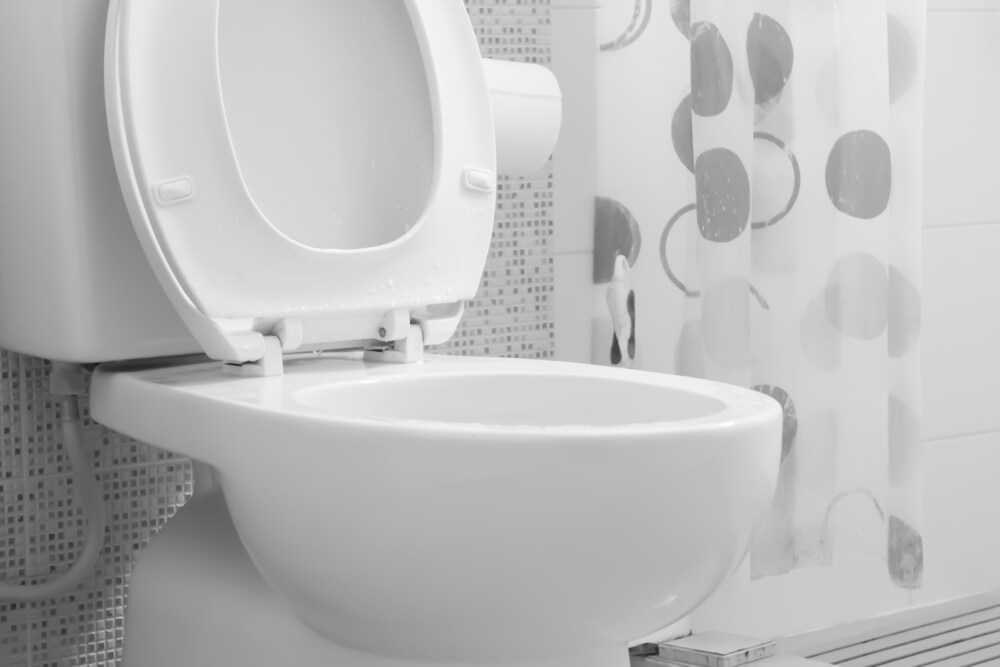Should we tap our nest egg to invest or pay down debt?
Bruce Sellery answers your questions — and the ones you don't ask
Advertisement
Bruce Sellery answers your questions — and the ones you don't ask
 Q. My husband and I are both over 70 and have an RRSP with $800,000 in conservative investments that yield about 4%. Now, due to unforeseen circumstances, we have had to incur a debt of $130,000 at about 3%, which we pay monthly. My husband wants to use some our savings to pay down this debt. I am against this because of the tax implications at the time of withdrawal and again at income tax time due to us having to declare increased income. What’s the preferred option in this case?
– Linda and Kevin
A. I hate refereeing marital disputes. I just don’t want to play favourites. But in this particular case, I come down on your side. That’s because of the tax implications of paying the debt off, as you say. You need to be aware of any increase in your income that will increase your marginal tax rate. Pulling additional money out of your RRSP to pay off that debt will count as income in the eyes of the CRA and that could increase the total amount of tax your pay.
Q. My husband and I are both over 70 and have an RRSP with $800,000 in conservative investments that yield about 4%. Now, due to unforeseen circumstances, we have had to incur a debt of $130,000 at about 3%, which we pay monthly. My husband wants to use some our savings to pay down this debt. I am against this because of the tax implications at the time of withdrawal and again at income tax time due to us having to declare increased income. What’s the preferred option in this case?
– Linda and Kevin
A. I hate refereeing marital disputes. I just don’t want to play favourites. But in this particular case, I come down on your side. That’s because of the tax implications of paying the debt off, as you say. You need to be aware of any increase in your income that will increase your marginal tax rate. Pulling additional money out of your RRSP to pay off that debt will count as income in the eyes of the CRA and that could increase the total amount of tax your pay.
Related: 3 questions you should ask your financial advisorMatthew Ardrey is a CFP with TriDelta Financial and I asked him to make some assumptions to figure out what the key threshold is. “At a minimum, this couple will likely have CPP and OAS income of around $15,000 each. And say they are drawing 4% of their nest egg per year or $16,000 each, for a total of $31,000 of income each. They could draw down up to another $11,000 each and still only be paying about 20% tax in Ontario. However, that number quickly increases to almost 30% once the threshold of about $46,000 of income is reached. So if taxes are a large concern they need to be aware of all of their income sources and their marginal tax rates.
Related The right way to draw down on retirement savingsWhile there can be a psychological benefit to eliminating the debt, a 3% interest rate is still very low. Ardrey recommends a gradual approach. “They could pay down the debt each year, up to the threshold of the lowest marginal tax bracket. That will give them a good balance between the competing needs to pay off debt and minimize taxes.” Now, about the other marital dispute? The one about the toilet seat? Your husband needs a win, and on that one, he’s totally right.
Share this article Share on Facebook Share on Twitter Share on Linkedin Share on Reddit Share on Email